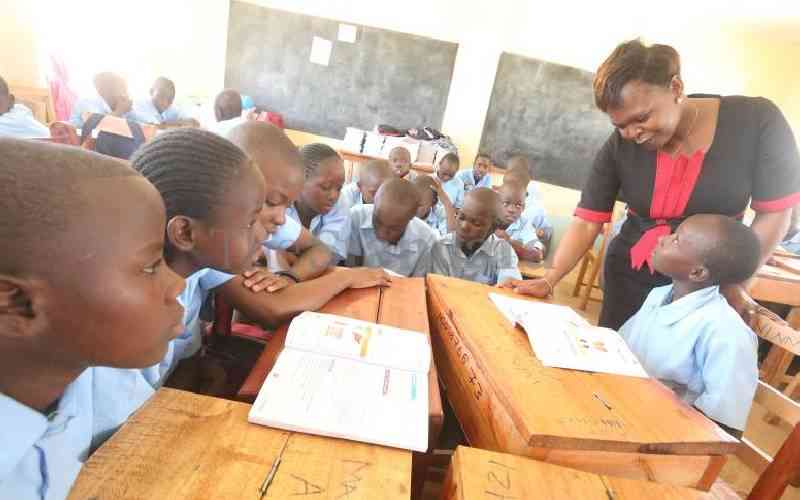×
The Standard e-Paper
Kenya’s Boldest Voice

Some 1.3 million learners returned home last week after enduring ten weeks of confusion.
Interviews with learners, teachers, parents and other education stakeholders paint a picture of many hiccups in the ambitious attempt by the government to transition learners from 8-4-4 to the new 2-6-6-3 system.